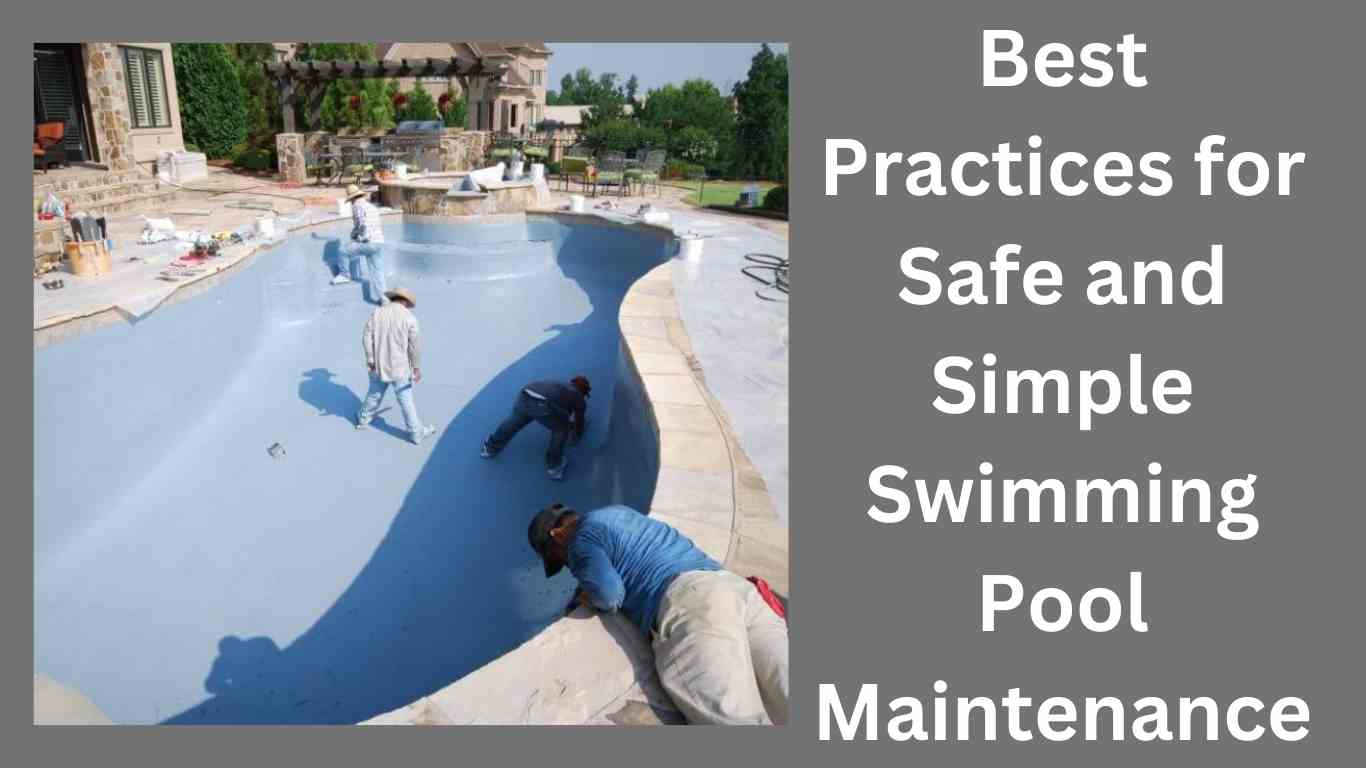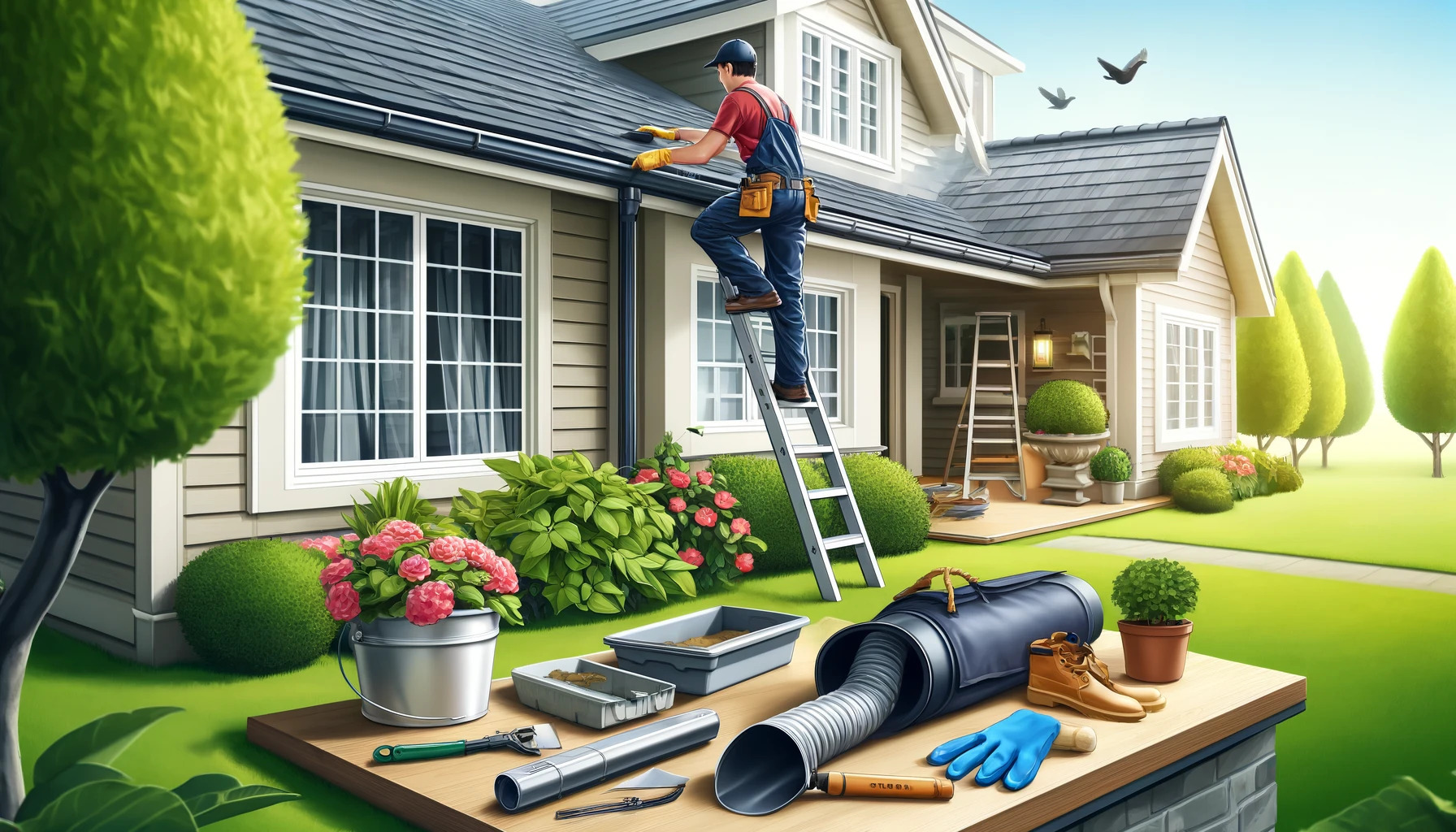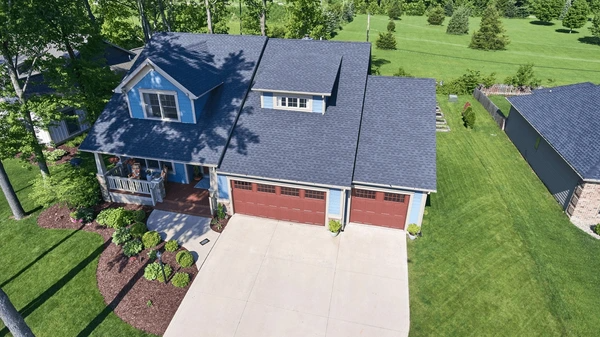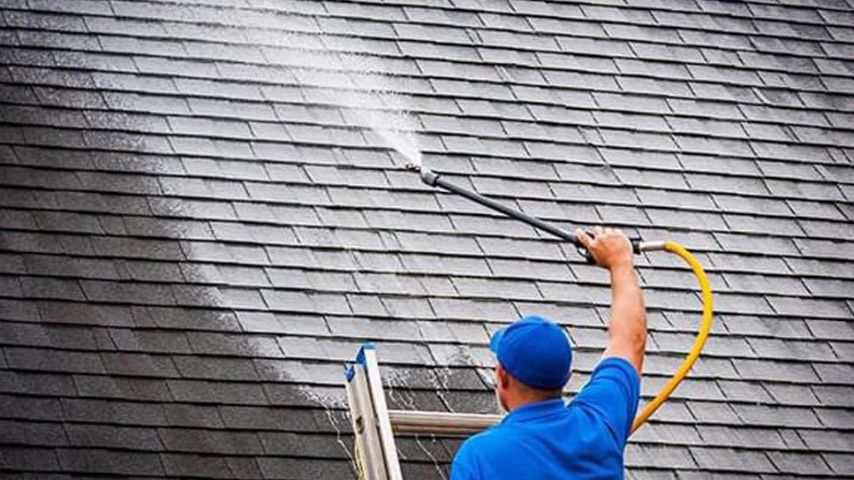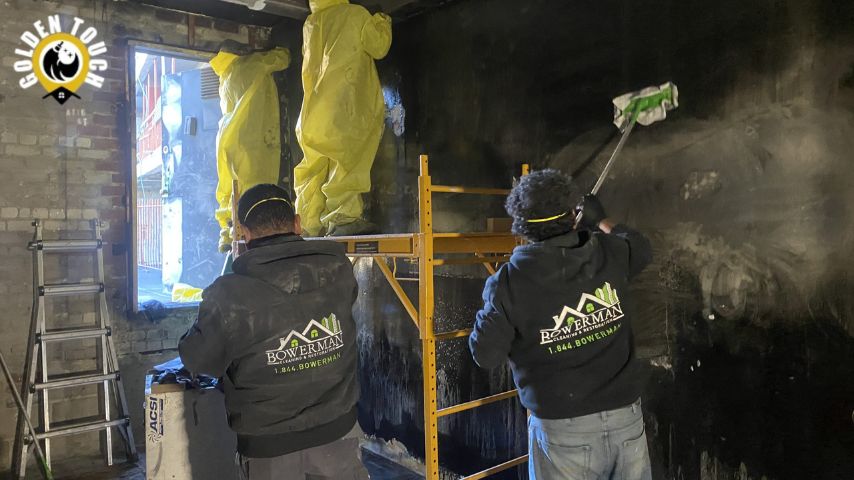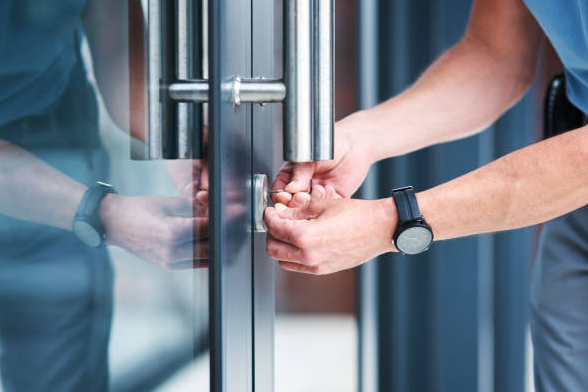Owning a swimming pool is wonderful for relaxation, exercise, and social gatherings. But to keep it clean, safe, and inviting, you need regular maintenance. With a simple routine, you can make sure your pool is always ready to enjoy. In this guide, we’ll explore easy-to-follow best practices for swimming pool maintenance to help you keep your pool in excellent condition year-round.
Whether you’re a new pool owner or just looking for a refresher, these straightforward tips will show you how to care for your pool in a way that’s both safe and effective.
NOTE : Ready to enjoy a hassle-free swimming season? Start your regular Swimming pool maintenance routine today to keep your pool looking great and functioning smoothly. For expert advice or assistance, reach out to a professional pool maintenance service to make your pool care even easier.
Why Regular Swimming Pool Maintenance Is Important
Regular swimming pool **maintenance keeps your pool water** clear, clean, and safe. Without maintenance, a pool can quickly become dirty and filled with harmful bacteria or algae, making it unsafe to swim in. Regular maintenance also helps extend the life of your pool’s equipment, saving you from costly repairs or replacements. By keeping up with pool care, you ensure a safe and comfortable swimming experience for everyone.
Essential Steps for Effective Swimming Pool Maintenance
1. Skim and Clean the Pool Regularly
Skimming the surface of your pool is one of the easiest and most effective maintenance steps. By removing leaves, insects, and other debris, you prevent buildup that can lead to clogged filters and cloudy water.
- Daily skimming: Try to skim the pool daily to remove floating debris.
- Clean the pool walls and floor: Use a pool brush to scrub the walls and floor weekly. This helps remove algae and keeps surfaces smooth and clean.
2. Maintain Proper Water Levels
Water levels naturally drop due to evaporation, splash-out, or even leaks. Keeping the right water level ensures that your pump and filter work efficiently.
- Check weekly: Inspect your pool’s water level at least once a week, especially in hot weather.
- Add water as needed: If the water is too low, add more using a garden hose. Aim to keep the water level at the halfway point of the pool skimmer for optimal performance.
3. Balance Pool Water Chemistry
Proper pool water chemistry is essential to keeping your pool safe and comfortable to swim in. This involves testing and adjusting the levels of chemicals like chlorine, pH, and alkalinity.
- Test water weekly: Use a pool testing kit to check your pool’s pH, chlorine, and alkalinity levels at least once a week.
- Maintain pH balance: Aim for a pH level between 7.2 and 7.6. This range helps prevent skin and eye irritation.
- Monitor chlorine levels: Chlorine keeps your pool water free from bacteria. Maintain chlorine levels between 1.0 and 3.0 parts per million (ppm).
- Alkalinity: Total alkalinity should range from 80 to 120 ppm to prevent rapid pH changes.
4. Shock the Pool Occasionally
Shocking your pool means adding a higher dose of chlorine to destroy bacteria, algae, and other contaminants. Shocking is especially useful after a heavy rain or if your pool has been heavily used.
- Shock once a month: Regularly shocking your pool once a month helps maintain water clarity and safety.
- Extra shock if needed: Consider additional shocking after storms, heavy pool use, or if you notice algae growth.
5. Clean the Pool Filter
The pool filter is essential for removing dirt and debris from the water. A clean filter ensures the water circulates well and stays clear.
- Check the filter regularly: Inspect your filter every two weeks to see if it needs cleaning.
- Clean or replace as needed: Depending on the type of filter, clean or replace it as recommended by the manufacturer. For cartridge filters, a gentle rinse with a hose often does the trick.
6. Inspect Pool Equipment Regularly
Your pool pump, filter, heater, and other equipment need to be in good working order for efficient swimming pool maintenance.
- Regular inspection: Inspect the pool pump and filter weekly for any signs of wear or leaks.
- Listen for unusual sounds: Strange noises could indicate mechanical issues that need attention.
- Schedule professional servicing: Once a year, have a professional service your pool equipment to keep it working well.
Tips for Pool Water Circulation
Good water circulation helps distribute chemicals evenly and prevents algae growth. Proper circulation also reduces the risk of bacteria buildup, keeping your pool water healthier and clearer.
1. Run the Pool Pump Daily
Your pool pump plays a vital role in water circulation. By running the pump regularly, you ensure that water moves through the filter, removing impurities and distributing chemicals.
- Run pump for 8 hours daily: During swimming season, run the pool pump for 8 hours each day. In cooler months, you can reduce this to 4–6 hours.
- Timing matters: Run the pump during the day, ideally in the early afternoon, when your pool needs circulation the most.
2. Use Pool Jets to Direct Water Flow
Adjust your pool jets to direct water flow, which helps circulate water efficiently and prevents stagnant areas.
- Direct jets downward: Point jets slightly downward to improve water movement and prevent surface debris buildup.
- Create a circular flow: If possible, angle jets to create a circular flow, which keeps water moving throughout the pool.
Safety Tips for Pool Maintenance
Swimming pool maintenance is essential, but it’s also important to stay safe while working with chemicals and equipment.
1. Handle Chemicals with Care
Pool chemicals like chlorine and pH balancers are necessary for water safety, but they can be harmful if mishandled.
- Wear protective gear: Always wear gloves and goggles when handling pool chemicals.
- Store chemicals safely: Keep chemicals in a dry, cool place, away from direct sunlight and out of reach of children and pets.
- Follow instructions: Only use the recommended amount and follow the manufacturer’s instructions for each chemical.
2. Keep Electrical Equipment Dry
Water and electricity don’t mix, so take extra care with any electrical equipment near the pool.
- Keep cords and outlets dry: Make sure electrical outlets are far from the pool’s edge and keep cords dry at all times.
- Use GFCI outlets: If you have electrical equipment near the pool, use ground-fault circuit interrupter (GFCI) outlets for safety.
Seasonal Swimming Pool Maintenance Tips
As the seasons change, so do your pool maintenance needs. Following a seasonal maintenance schedule helps keep your pool in optimal condition.
1. Spring: Prepare for Swim Season
In spring, prepare your pool for the busy summer months. Inspect all equipment, clean the pool thoroughly, and balance the water chemistry.
- Deep clean: Give your pool a thorough scrub and vacuum.
- Inspect for damage: Check for any cracks or issues that need repair.
- Adjust chemicals: Balance the water in preparation for increased usage.
2. Summer: Maintain Daily and Weekly Routines
During summer, focus on daily and weekly maintenance to keep the pool ready for swimming.
- Increase skimming frequency: Skim the pool daily, as more debris may fall into it.
- Balance chemistry often: With heavy use, you may need to adjust the water chemistry more frequently.
3. Fall: Prepare for Winter
As swim season winds down, it’s time to prepare the pool for winter or low-use months. Proper winterization helps prevent damage and makes opening the pool next spring easier.
- Shock and balance the water: Add chemicals to keep water safe over the winter.
- Lower water levels: Reduce water to below the skimmer level to prevent freeze damage.
- Cover the pool: Use a winter cover to keep debris out.
Conclusion: Simple Steps for Swimming Pool Maintenance
Keeping your pool clean and safe doesn’t have to be complicated. By following these swimming pool maintenance tips, you can ensure your pool stays clear, comfortable, and ready for swimming all season long. Regular maintenance not only improves water quality but also extends the life of your equipment, saving you time and money over the years.
For more insightful articles related to this topic, feel free to visit worldtourismblogs

